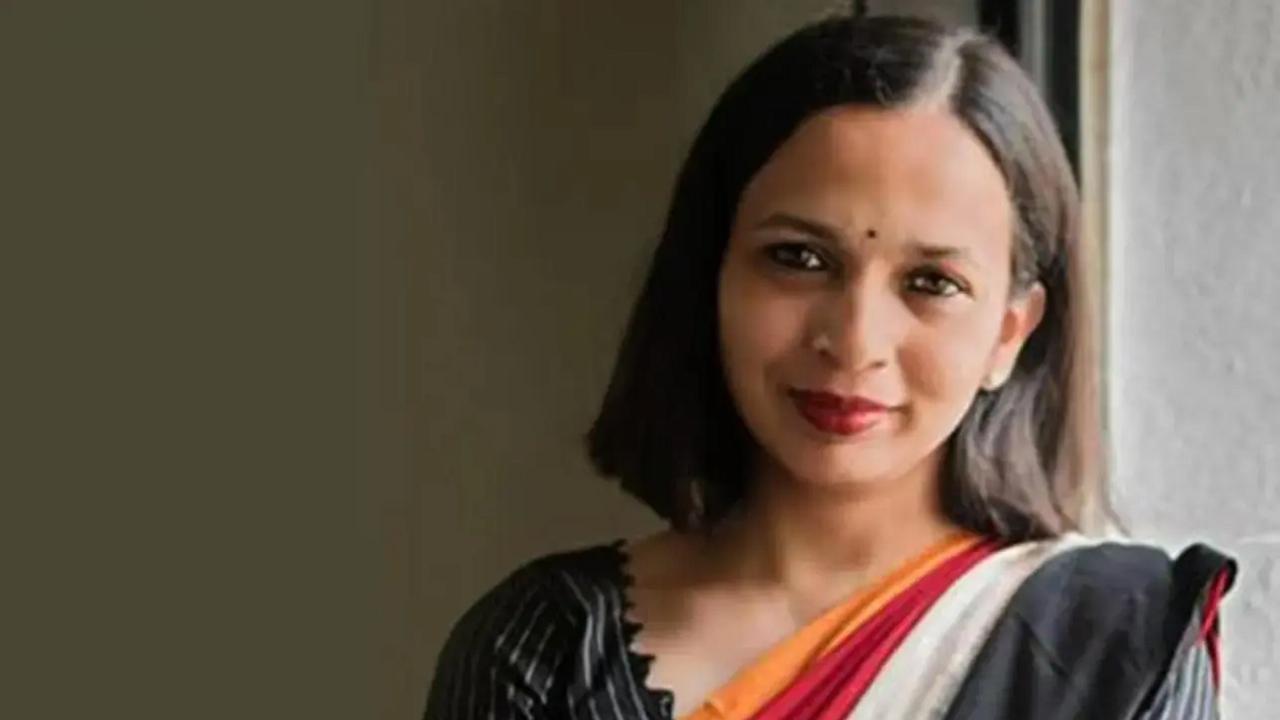The last 10 years have seen a marked rise in incidence of mental health concerns in India such as anxiety disorders, depression, sleep disturbances, and burnout-related complaints. Younger adults, especially students and working professionals are particularly effected.
According to WHO estimates, nearly 1 in 5 Indians may experience some form of mental health concern in their lifetime, but actual figures are likely higher due to underreporting and stigma, believes Dr. (Prof.) Kunal Bahrani, who is the clinical director, Neurology, Marengo Asia Hospitals in Faridabad, ahead of World Mental Health Day.
Every year, World Mental Health Day 2025 is observed on October 10 to raise awareness about the importance of taking care of one`s mental health.
Explaining the spike, Dr Bahrani adds, “A decade ago, mental health challenges were predominantly seen in middle-aged adults. Today, the fastest-growing group is young adults between 18–35 years, especially students and working professionals. Prolonged screen exposure, erratic work hours, and the ‘always-on’ culture have led to rising digital fatigue, anxiety, and sleep deprivation. I’m also seeing early signs of stress-induced neurological conditions in this demographic.”
He adds, “There has been a 30–40 per cent increase in stress and anxiety-related consultations in the past five years alone. The Covid-19 pandemic acted as a catalyst, bringing pre-existing mental fragilities to the surface. However, what’s equally concerning is the chronicity — many individuals remain in prolonged states of stress without seeking help.”
Dr Bahrani further said that brain and mind are deeply interconnected. “Chronic stress and anxiety can alter neurotransmitter balance, like serotonin and dopamine, and even lead to structural changes in particular areas of the brain such as the hippocampus and amygdala. These changes affect memory, mood, and cognitive function. The good news is that with early intervention, therapy, medication, and lifestyle changes, many of these effects are reversible,” he added.
According to the health expert, the top triggers in today’s patients for mental health include sleep deprivation, constant connectivity, performance pressure, and digital overload. “Social media comparison, long work hours, and lack of real downtime have created what I call the ‘silent burnout.’ The human brain isn’t wired for round-the-clock stimulation. When rest is chronically sacrificed, emotional resilience weakens,” he said.
Dr Bahrani stated that there are several early neurological symptoms that people should not ignore as these may indicate deeper mental health distress. “Persistent headaches, memory lapses, irritability, poor concentration, chronic fatigue, and unexplained body pain are common red flags of mental health problems. Many times, patients first consult neurologists for these symptoms without realizing that they stem from emotional distress. Timely recognition and mental health support can prevent escalation into clinical depression or anxiety disorders,” he added.
People can do many things daily to strengthen their brain–mind connection and prevent burnout and mental exhaustion. “Simple daily rituals go a long way. One must ensure 7–8 hours of quality sleep, maintain a balanced diet rich in omega-3 and B vitamins, engage in mindful exercise or meditation, limit screen exposure before bed, and dedicate time for human connection. Periodic “digital detox” weekend is also a powerful tool to preserve mental clarity,” Dr. Kunal Bahrani said.
Stigma around mental illness remains one of the biggest barriers in prompt diagnosis and treatment of related neurological issues. Many patients hesitate to discuss anxiety or depression until symptoms become neurological, such as insomnia, panic attacks, or migraines. It is crucial that we normalize mental health conversations, especially in workplaces and schools, and integrate mental well-being into overall health check-ups, he said.











